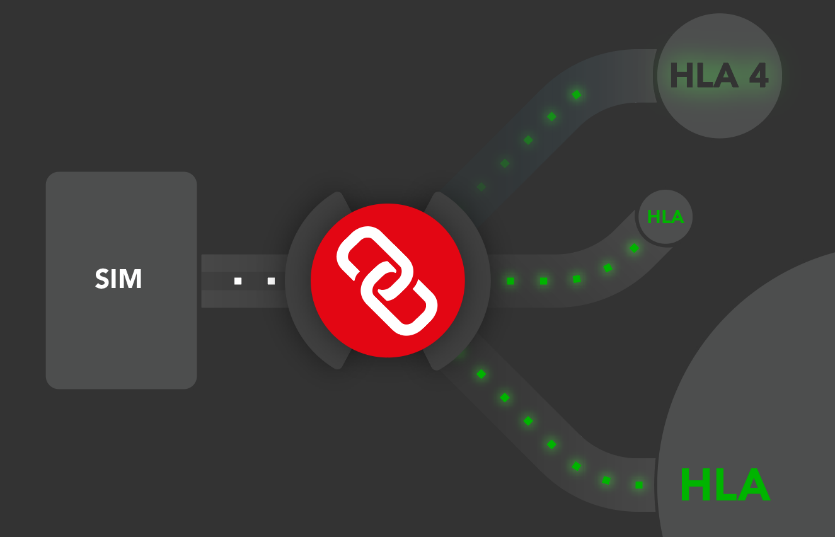
Here's what's new in HLA 4
As we highlighted last year, HLA 4 has passed the first round of IEEE balloting. MAK is proud to have worked diligently alongside the interoperability community to progress the open standards process to reach this milestone.
Keep reading to learn what's new in HLA 4...
New in HLA 4
This version of HLA is mostly a refinement of the existing specification with a couple of added features. It will be officially known as IEEE HLA 1516-2024. Here are a few of the updates:
- The specification for extending the federation object model (FOM) with additional class attributes and interaction parameters was greatly simplified. Instead of requiring new leaf classes to be defined, attributes and parameters can now be added to existing classes. This capability drastically simplifies adding base-level attributes shared among many or all classes. In addition, variant records and enumerations can be extended.
- A relaxed DDM mode was added to allow attributes to become in-scope without having their associated regions exactly overlap. This flexibility allows for additional DDM approaches like using an a-priori fixed grid upon which publish and subscribe regions overlap (versus between each other). The additional updates that can be received (when publish and subscribe regions overlap the grid but not each other) are more than offset by eliminating the exchange of region information required by strict DDM implementations.
- A measure of security was added to only permit authorized federates to interact with the RTI. A new configurable authorization capability can require federates to submit credentials when connecting to the RTI. The RTI passes the credentials to an authorization plugin library which authorizes (or not) the federate’s invocation of the connect, creates federation execution, and joins federation execution services.
- Interactions can now be directed to an object instance. Directed interactions can be used to reduce the transmission of large interactions to only the federates that own attributes of the specified object instance.
- A Federate Protocol API was added (replacing the WSDL API) that allows federates to make service calls by sending and receiving network messages to/from the RTI. The underlying messages are based on proto-buffers, which support a wide variety of programming languages (Python, C#, JavaScript, and more) and environments such as MatLab and Game engines.
- The C++ API is now C++11 compatible and it now uses standardized library names indicating the compiler with which they were built.
Just like we started 30+ years ago, MAK remains committed to continuing the advancement of open standards and the open standards process – HLA and beyond!

